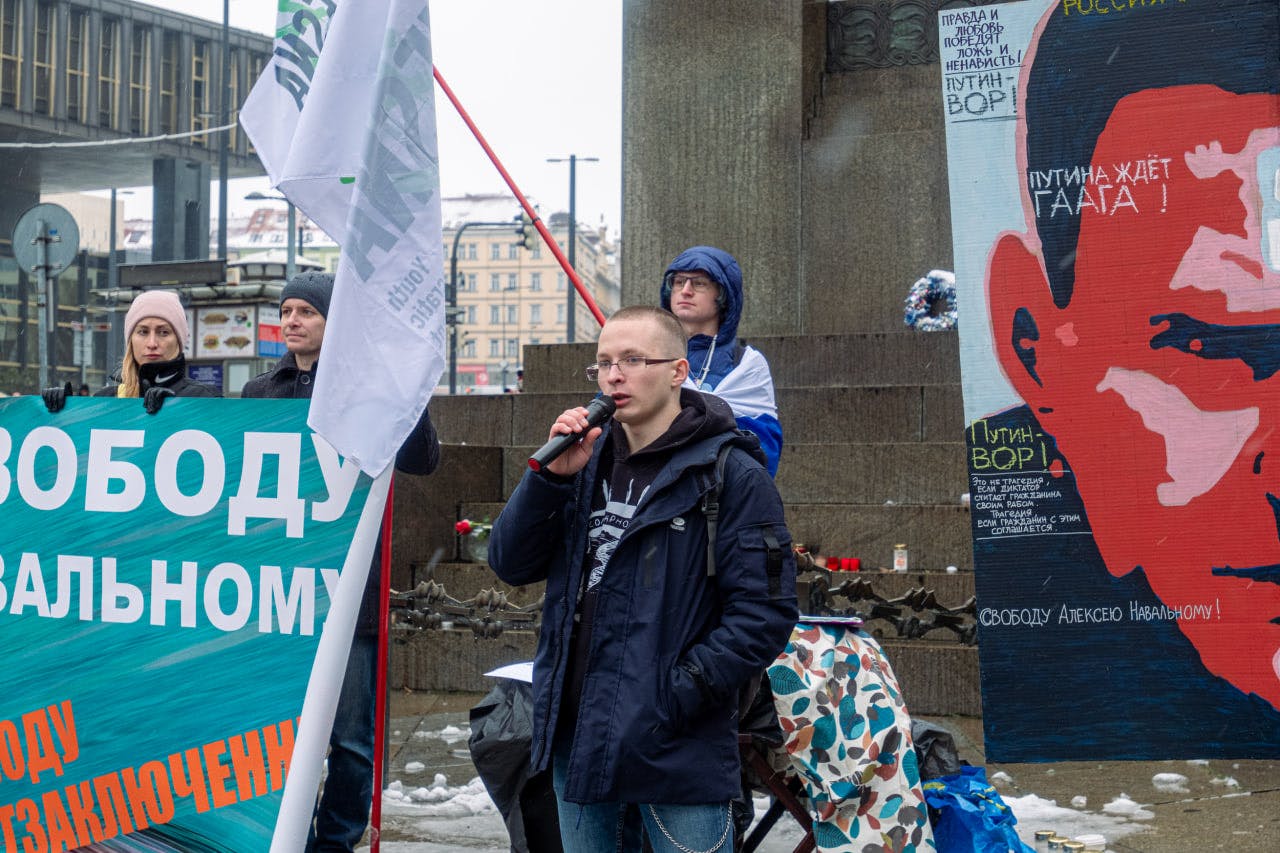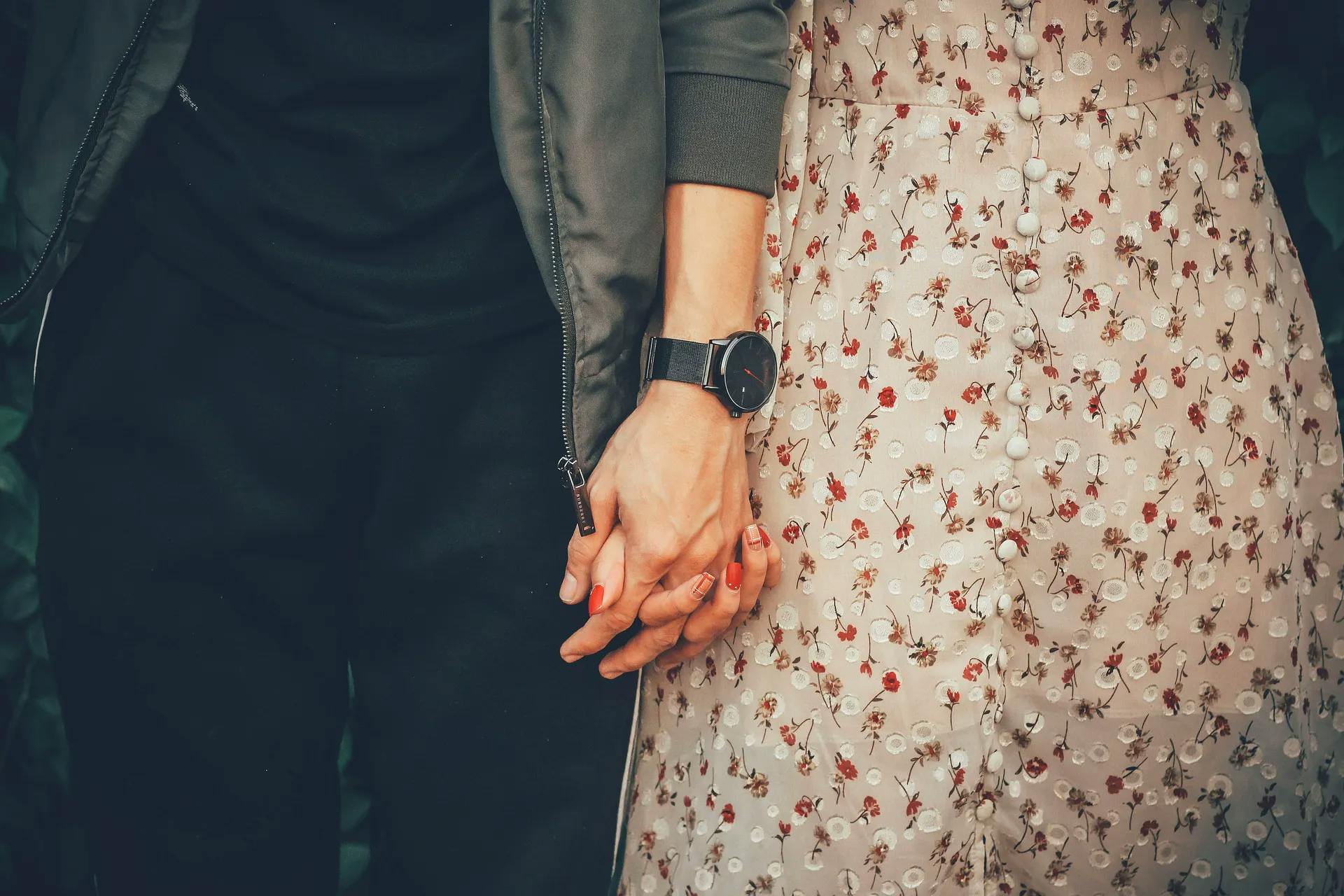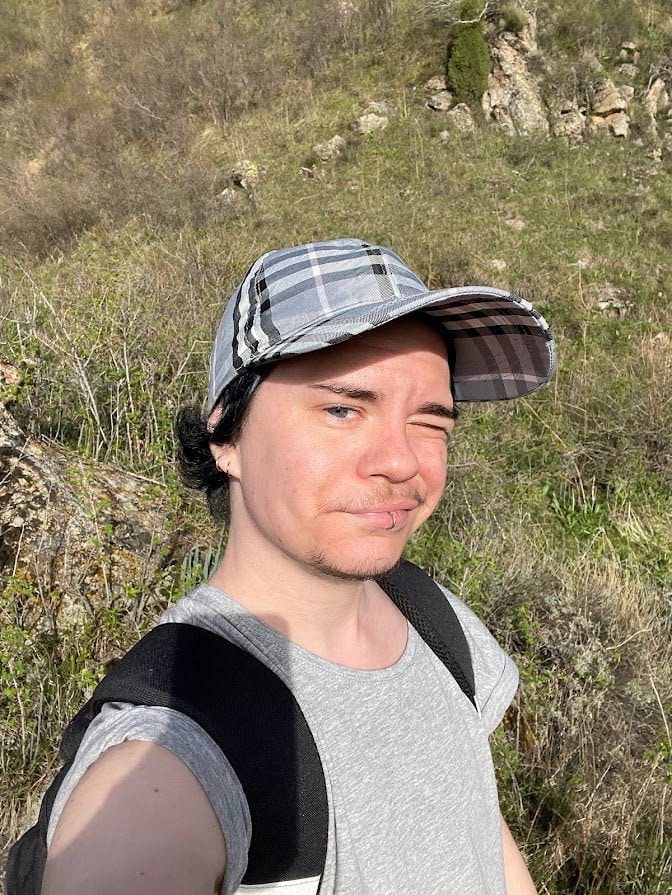Kysh (Andrey)
...do not give up and do not despair, do what you think is the right thing to do. Russia will definitely be free.


Pavel is a talented photographer and founder of Ukryt, project, providing shelters to refugees
Please tell us about yourself: where are you from, how old are you, what did you do before coming to the Czech Republic, and what do you do today?
My name is Pavel Oskin, I am 49 years old. I came to Prague from Yekaterinburg in 2008. I'm a photographer. I have my own studio in Prague, but I mostly do landscape photography, and my job is to teach people how to photograph landscapes. I organise masterclasses all over the world: in Iceland, Scotland, New Zealand, Japan, Norway, and many, many other countries.
Tell us about your joint project with Dum Dobra: how did this idea come about, how did the implementation go, who helped you with this initiative?
From the very beginning of the war, I have been thinking about how I can help Ukraine. The decision came by itself: I was on tour in Venice, and my friend called me and offered to give me a large room in Prague, about 500 square meters, for two years to use as I see fit to help refugees. At that time I saw a Facebook post by my friend Ilya Fominykh, one of the founders of the Dum Dobra charity foundation, about them establishing hostels for refugees. I contacted them, and we started the reconstruction process.
I raised money and attracted many volunteers by making Facebook posts asking for help, Dum Dobra helped with construction workers and materials, and we were finished the construction in 3 months. The hostel has 12 rooms, each room designed for six people, we built 10 showers, 8 toilets, equipped a kitchen, volunteers from Italy gave us washing machines, people brought refrigerators. All in all, now it has everything necessary for normal life. From the beginning, we've decided to accept only women with children, and we still follow this rule. We ask our residents to look for regular housing so that others in need could also have a possibility to settle in Prague. But some large families have been living with us from the very beginning.
Tell us about your team, how did you meet these people, who does what?
After the renovation was finished, I created my own charity organization. It is called Úkryt z.s. My daughter, my girlfriend and my Italian friend Paolo Bartolozzi are helping me.
We raise money to solve technical issues, which are popping up constantly, support those residents who are experiencing serious problems. Most of our residents are children, so we organize various clubs and educational classes for them.
What problems did you encounter while creating this project, and how did you manage to solve them?
The main problem with bringing this project into reality was proper planning under financial constraints and during construction management. This task was taken over by a wonderful person and my friend Martin Vesely from Nymburk. He answered my call to come over for a weekend to help with construction but stayed with us for 2.5 months and made the most significant professional contribution to this project.
There are several myths about volunteering, what do you think about them? Is indeed any help good?
I completely agree with this concept. I managed to find something to do for anybody who wanted to help us. During the construction, we opened a charity warehouse that worked for more than six months, a huge number of local people, Czechs, and Russians brought us various things, dishes, furniture, everything that was necessary for the people, and we distributed it to hundreds of those in need, including sending several cars to Ukraine. A lot of people helped us by working in this warehouse.
Is donating money the best way to help?
Giving money to charity is, of course, useful, and without such help I probably wouldn't have been able to put together this hostel. A huge number of people from all over the world responded and transferred completely different amounts of money, from 10 to 10,000 euros, for which, of course, we are very grateful. But no less valuable is the help of those people who went to work every day from morning till night and worked with their hands, so everything depends on one’s ability and desire. But what is most important is for us to come together and help those who are in need.
Do you think that since volunteering is done gratuitously, it’s not obligatory?
Volunteer work is very important and, on one hand, is gratuitous, on the other hand, if you believe in karma, then of course all the good you do will come back to you. Obligatory or not, that is for everyone to decide for themselves. It's hard for me to say, but I can see for sure that some people never stop, and most people eventually get tired of helping; I think that’s understandable.
During and after the hostel construction I was also looking for housing for refugees. All of my friends and acquaintances, even just random people who followed my Facebook posts helped me with that, and I still keep in touch with many of them. In total, during the first six months we found housing for several hundred people, not counting those who are living in our hostel.
How do you cope with the psychological pressure when there is so much pain around?
My work was the thing that allowed me to cope with the stress, there just wasn't any time left for it. I woke up at 6 in the morning, went to work at the hostel by seven, often returned after 9-10 PM, it's difficult to get frustrated on such a schedule. I understood one simple thing: distress or suffering wouldn’t help me or the Ukrainians who ended up in a difficult situation, but constant, monotonous work really could, so that's what I did.
How has this project affected your personal life?
During the construction of the hostel, I was going through a difficult breakup with a person with whom I had lived for almost 4 years. I moved into my studio, and since the start of the war about 20 refugees lived there with me. One girl wanted to help me and went to the construction site with me every day from morning till night, did any kind of work. And somehow a relationship gradually started to form between us, which developed into strong mutual feelings. We are still together and will get married very soon. Perhaps this is the only good thing that has happened to me because of the war. But, of course, that's not everything. Those who live in our hostel, whom I helped with housing, getting an internet connection, clothes, food, and other things, all these people have become my family in their own way. We are very close. It is incredibly motivating and gives me strength when, after a long break, I come to the hostel and dozens of children run up to hug me.
Tell us about the people living in your house. Each of them has their own story and tragedy, but maybe someone's has especially sunk into your soul?
I have heard a lot of stories from our refugees, all of them stories of suffering, loss, and pain. Probably, the story of one woman from the border village of the Chernihiv region is the one I remember particularly well. She told me about things I have only seen in war movies when I was a child. About how the Russians drove people into basements, kept them starving without water, and the possibility to go to a toilet for days, shot men, looted houses, took people to the forest, imitating executions. These stories made my hair stand on end.
What is your advice and wishes to other volunteers and activists?
My wish to all volunteers and activists is to keep going and don’t relax until the enemy is defeated, until the beautiful, kind, and free people of Ukraine find a peaceful life. Our future lives also depend on it.
How can I contact your project for help? How can people help your project?
You can contact us if you need help or want to help through the website ukryt.org.
...do not give up and do not despair, do what you think is the right thing to do. Russia will definitely be free.

...No one could ever imagine that literally tomorrow you would have to turn your life around 180 degrees and leave for a foreign country.

I still believe that someday the LGBT parades during Pride Month will be celebrated on the same level as Labour Day parades in May.

Our media platform would not exist without an international team of volunteers. Do you want to become one? Here's the list of currently opened positions:
Is there any other way you would like to contribute? Let us know:
We talk about the current problems of Russia and of its people, standing against the war and for democracy. We strive to make our content as accessible as possible to the European audience.
Do you want to cooperate on content made by the Russian standing against the war?
We want to make people of Russia, who stand for peace and democracy, heard. We publish their stories and interview them in Ask a Russian project.
Are you a person of Russia or know someone who would like to share their story? Please contact us. Your experience will help people understand how Russia works.
We can publish your experience anonymously.
Our project is ran by international volunteers - not a single member of the team is paid in any way. The project, however, has running costs: hosting, domains, subscription to paid online services (such as Midjourney or Fillout.com) and advertising.
Our transparent bank account is 2702660360/2010, registered at Fio Banka (Czech republic). You can either send us money directly, or scan one of the QR codes bellow in your banking app:




Note: The QR codes work only when you scan them directly from your banking app.
Russia started the war against Ukraine. This war is happening from 2014. It has only intensified on February 24th 2022. Milions of Ukrainians are suffering. The perpetrators of this must be brought to justice for their crimes.
Russian regime tries to silence its liberal voices. Russian people against the war exist - and the Russian regime tries its best to silence them. We want to prevent that and make their voices heard.
Connection is crucial. The Russian liberal initiatives are hard to read for European public at times. The legal, social and historical context of Russia is not always clear. We want to share information, build bridges and connect the liberal Russia with The West.
We believe in dialogue, not isolation. The oppositional powers in Russia will not be able to change anything without the support of the democratic world. We also believe that the dialogue should go both ways.
The choice is yours. We understand the anger for the Russian crimes. It is up to you whether you want to listen to the Russian people standing against this.